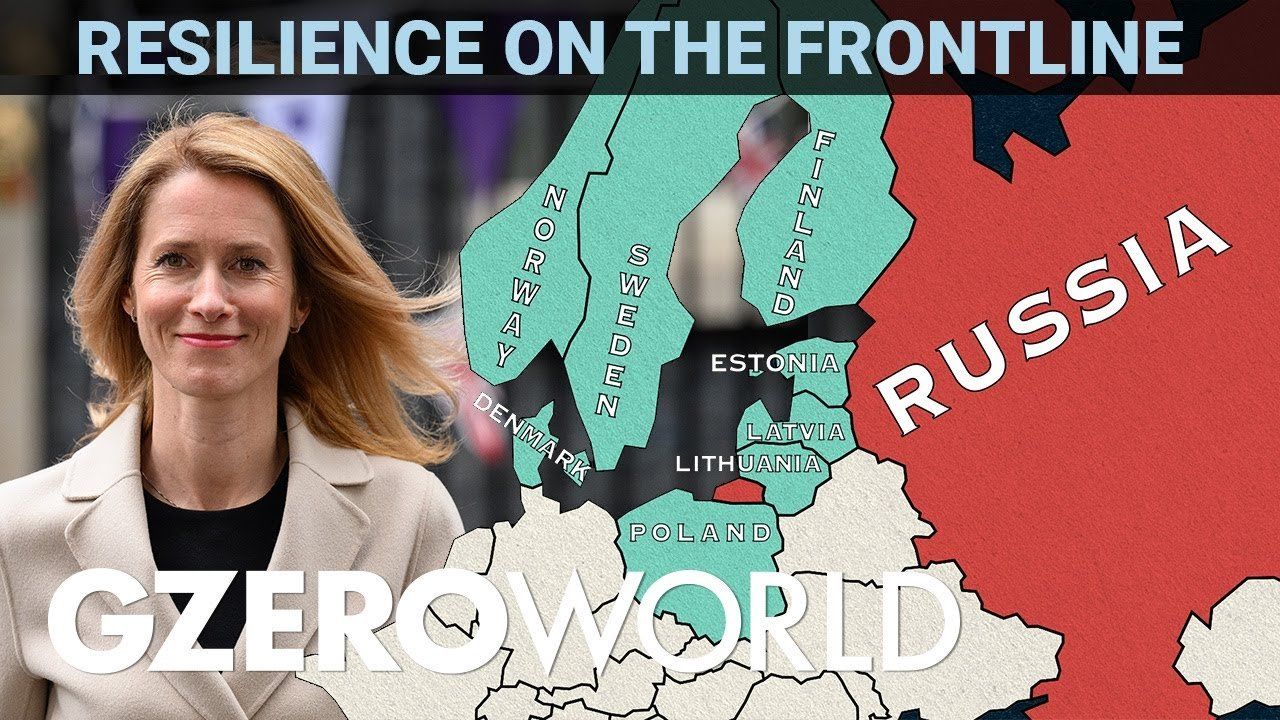
Estonian Prime Minister, Kaja Kallas, knows firsthand the dangers that come with being a frontline state on the Russian border. In 2007, her country was hit by Russian cyber attacks that crippled banks, media outlets, and government institutions for weeks. But being on the receiving end of this new kind of modern warfare has also made the country more resilient. In the years since Estonia has invested a lot in cyber security and can better monitor bad actors seeking to divide their society with digital warfare.
GZERO World traveled to the Munich Security Conference to speak with western leaders on the one-year anniversary of the Russian invasion. One of the biggest challenges within NATO is maintaining cohesion and staying united in support of Ukraine. Kallas acknowledges their internal divisions about how far the alliance is willing to go and says Russia's invasion of Ukraine is a lot different than the illegal annexation of Crimea in 2014. She even mentions one anonymous European leader who wants to be on the right side of history in supporting Kyiv, even though public opinion is against it. Any guesses as to who that might be?
Catch Ian Bremmer's full interview with Kallas in this week's episode of "GZERO World with Ian Bremmer," airing on public television stations in the US. Check local listings
- Russian unpredictability & Finland's border threat ›
- Europe's new "Iron Lady" Kaja Kallas ›
- Why hasn’t Ukraine suffered a debilitating Russian cyberattack? ›
- Russian cyber attack could trigger NATO’s Article 5, warns NATO Deputy Secretary General ›
- Russia’s next target? Why the Baltics are wary of Putin - GZERO Media ›